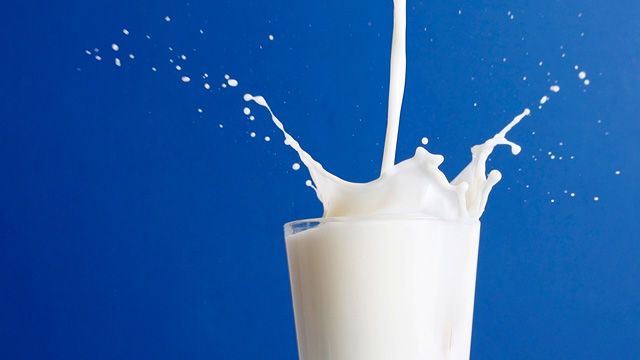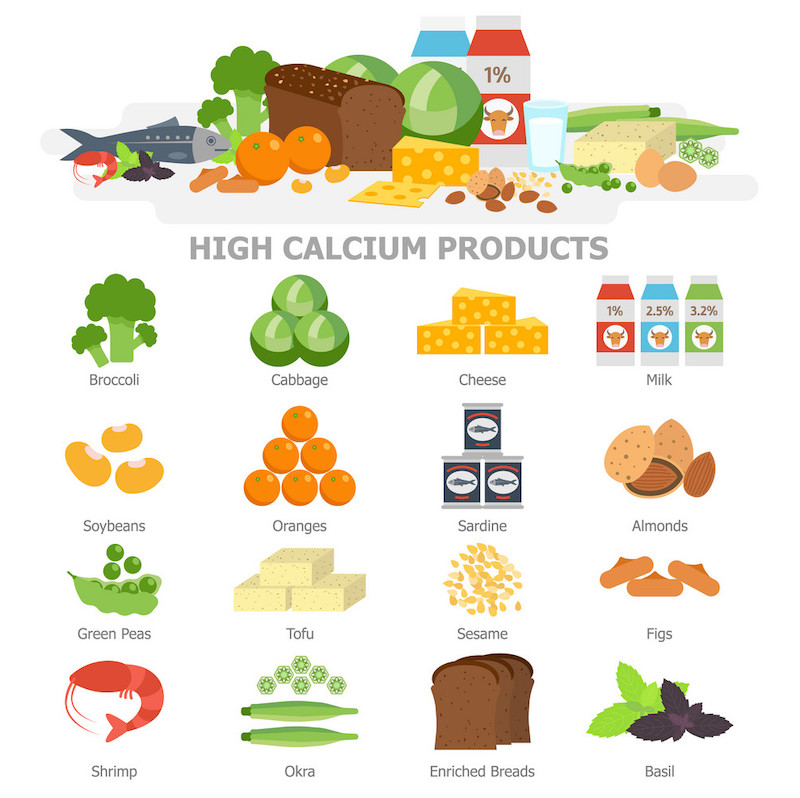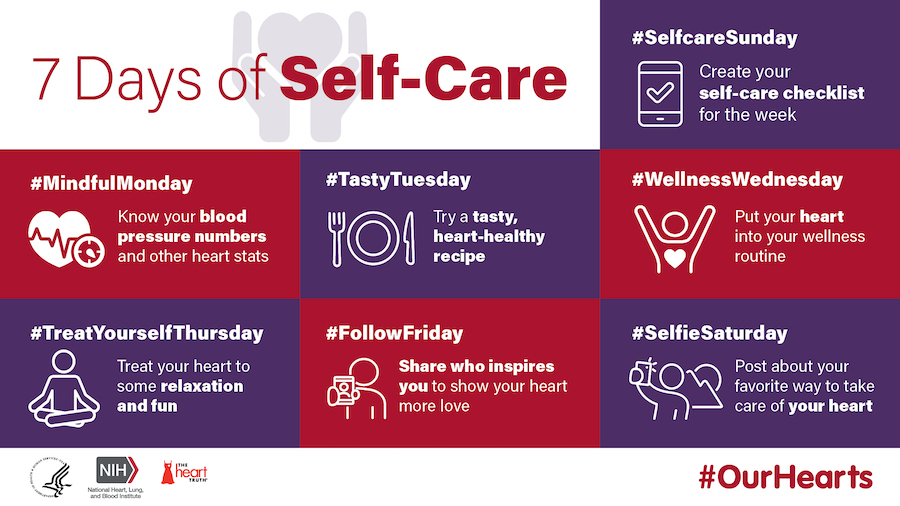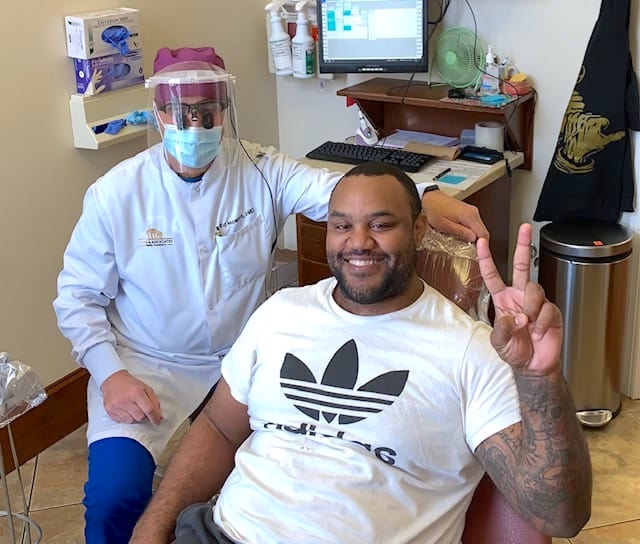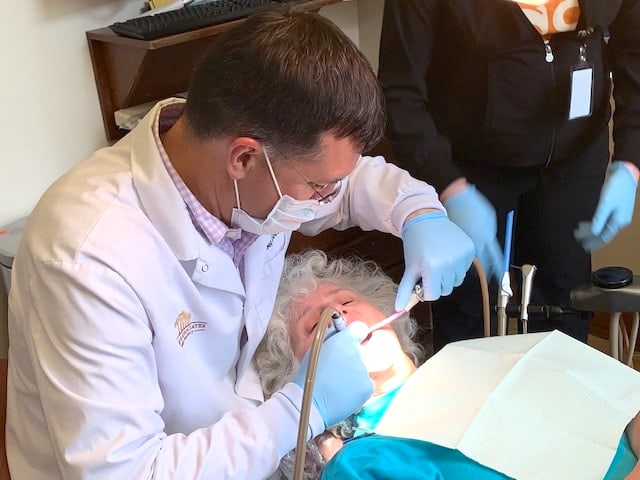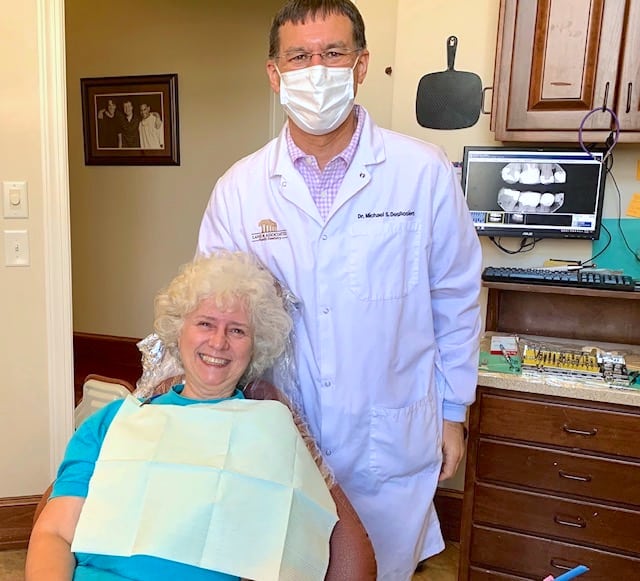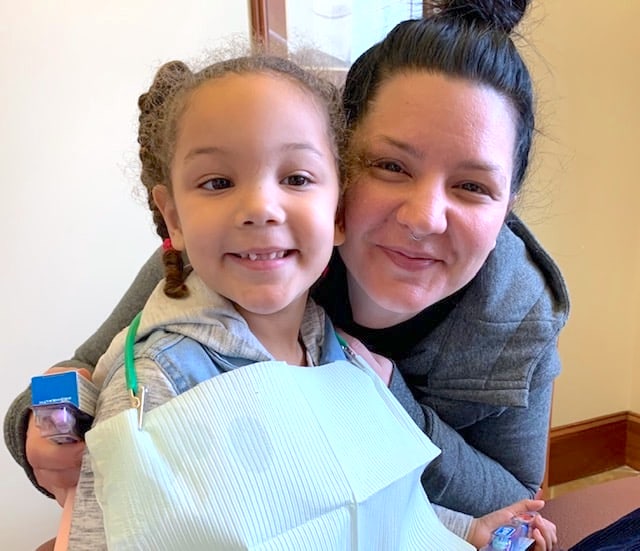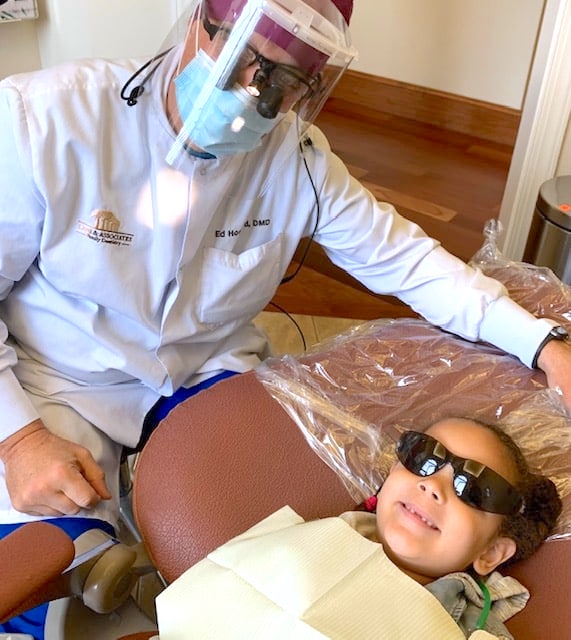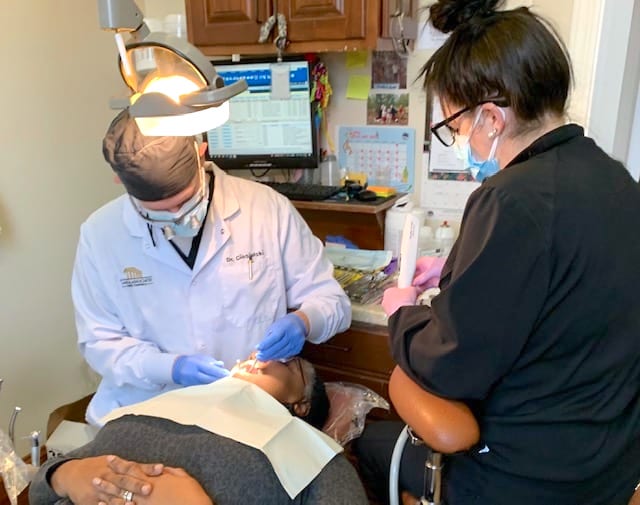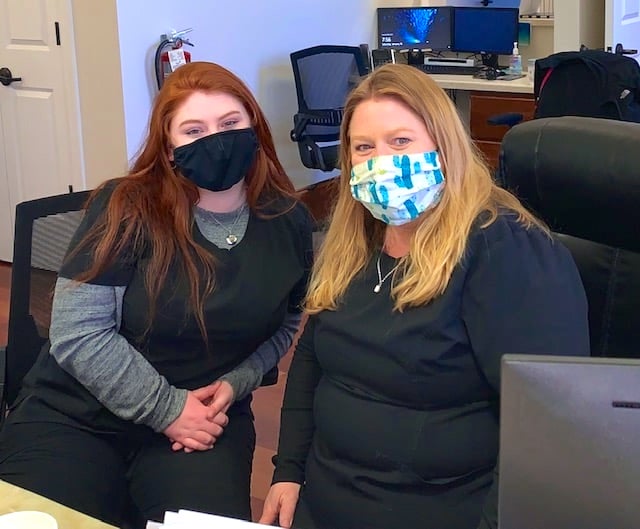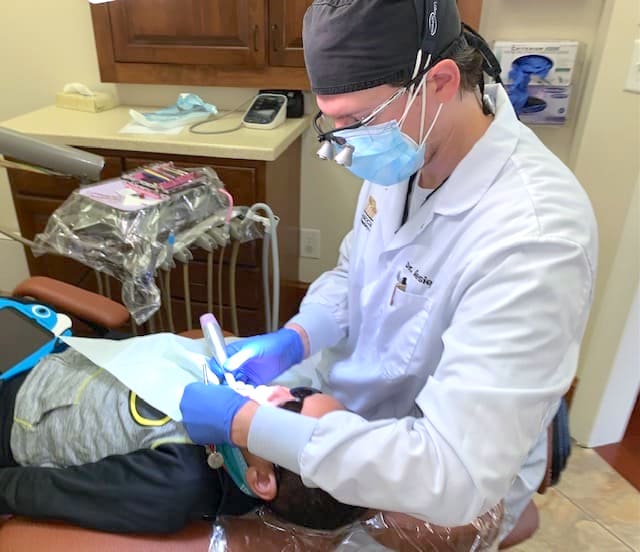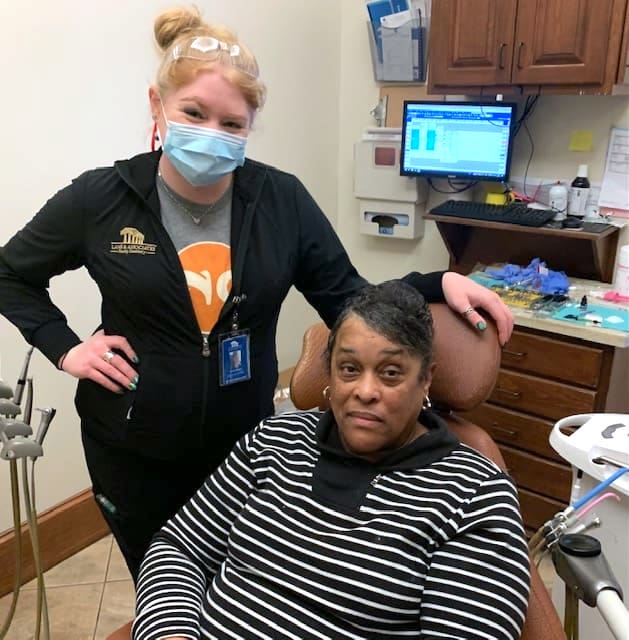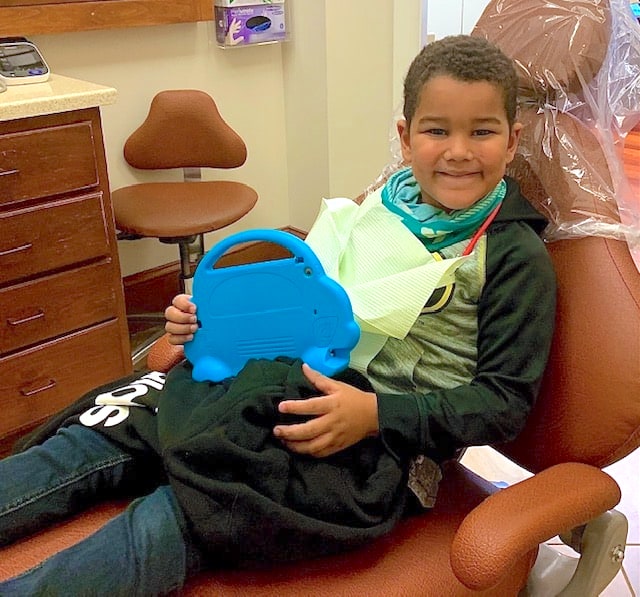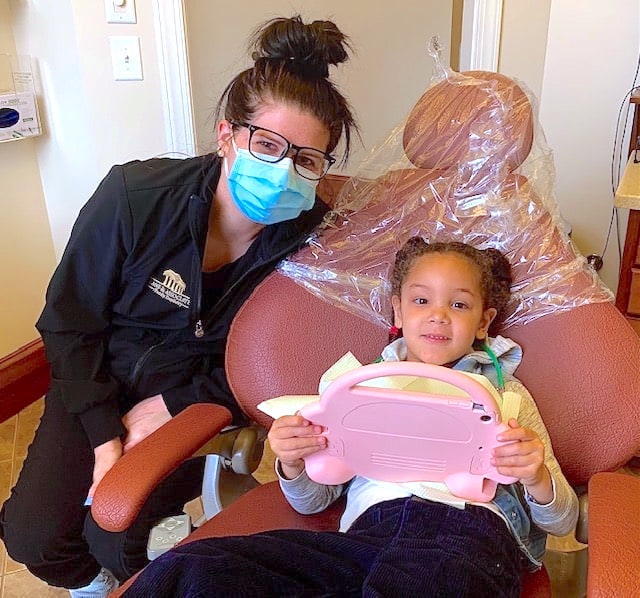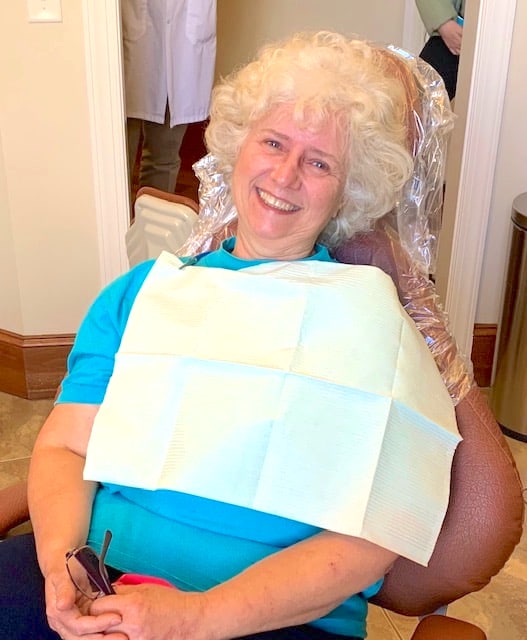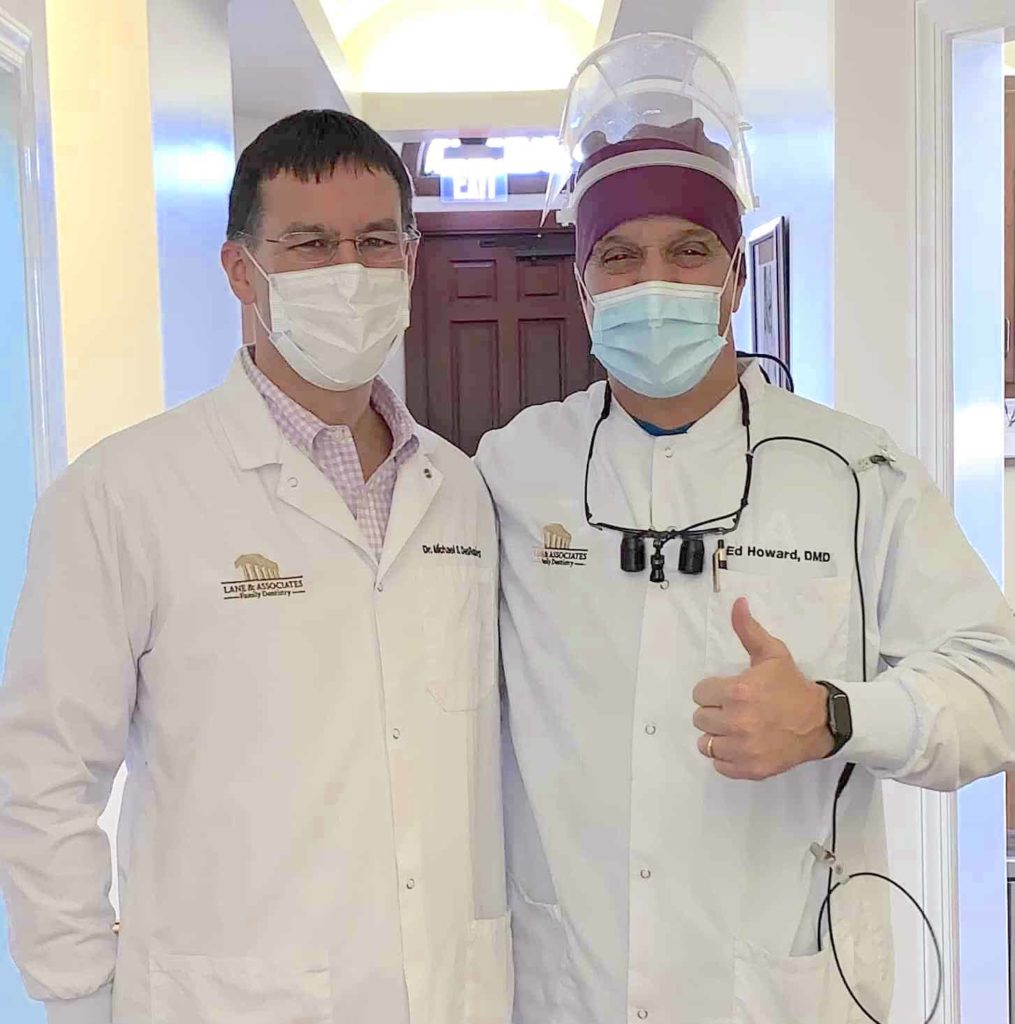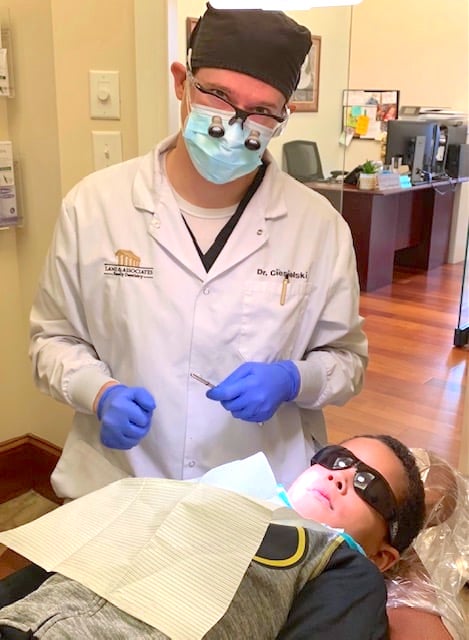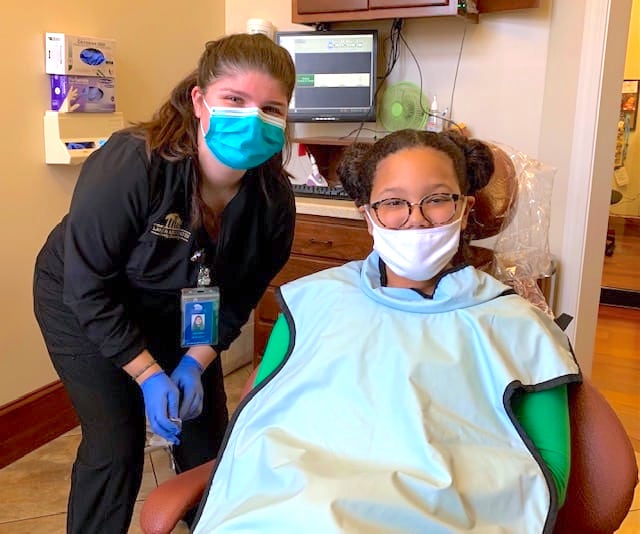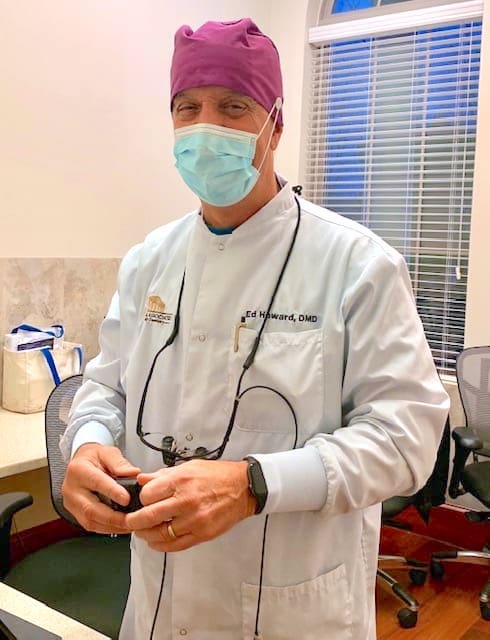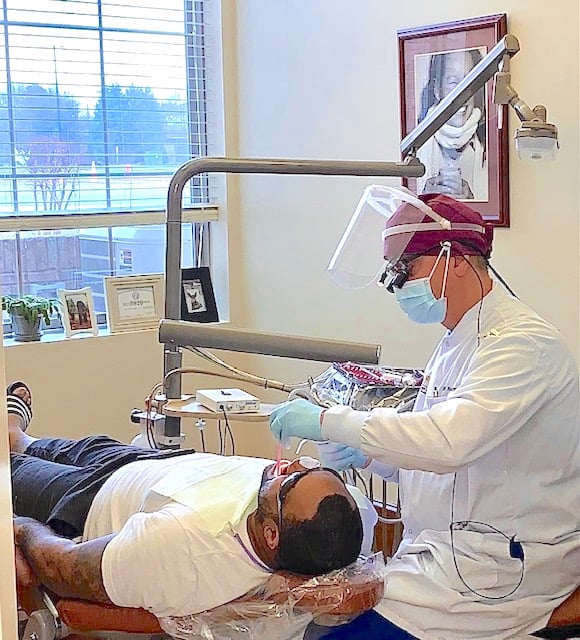We all know life can get hectic. Between juggling work, school activities, family commitments, and everything else on your to-do list, finding time for a dental appointment can feel almost impossible. At Lane & Associates Family Dentistry, we understand how busy life gets, which is why we’re proud to offer Saturday dental appointments in Cary, NC, specifically designed to fit into your packed schedule.
With three convenient Cary locations, extended hours, and a wide range of comprehensive dental services, from routine cleanings to advanced treatments, Lane & Associates makes it easier than ever to prioritize your oral health.
Our friendly and experienced team is here to ensure your visit is comfortable, efficient, and stress-free, so you can keep your smile healthy without disrupting your week. Your time matters, and so does your smile—let us help you take care of both!
Convenient Locations in Cary
Lane & Associates family dentistry has three Cary office locations, so no matter where you live or work, there’s a dentist nearby ready to serve you.
- Cary Green Level
| Address: 1000 Green Level West Rd., Suite 102, Cary, NC 27519
| Phone: (919) 589-0270
- Cary St. Charles
| Address: 3709 St. Charles Place, Suite 101, Cary, NC 27511
| Phone: (919) 677-1932
- Cary Tryon
| Address: 915 Kildaire Farm Rd., Cary, NC 27511
| Phone: (919) 839-8550
Each location is equipped with state-of-the-art technology and offers a welcoming environment for patients of all ages.

Why Saturday Appointments Are a Game-Changer
Saturday dental appointments are perfect for busy families and professionals. Here’s why they’re so beneficial:
- Flexibility for Families
Weekdays can be dominated by work and school schedules. Saturday appointments mean you can focus on your family’s oral health without disrupting your weekday routine.
- No Missed Work or School
Avoid requesting time off from work or signing your kids out of class early. With Saturday hours, dental care fits into your weekend plans.
- More Relaxed Visits
The slower pace of a weekend can make dental visits feel less rushed. Take your time and get the care you need without the weekday stress.
No matter your reason for choosing a Saturday appointment, Lane & Associates makes it easy to prioritize your health and your time.
Comprehensive Services for Every Smile
At Lane & Associates, you’ll find everything you need to maintain a healthy, beautiful smile under one roof. Their comprehensive dental services include:
- General Dentistry
Routine checkups, cleanings, and fillings to keep your teeth in great shape.
- Cosmetic Dentistry
Services like professional teeth whitening, veneers, and Invisalign® help you achieve the smile you’ve always wanted.
- Specialized Care
From root canals to TMJ treatment, Lane & Associates provides advanced care to address complex dental needs.
- Pediatric Dentistry
Gentle, kid-friendly care to ensure your little ones develop healthy oral habits.
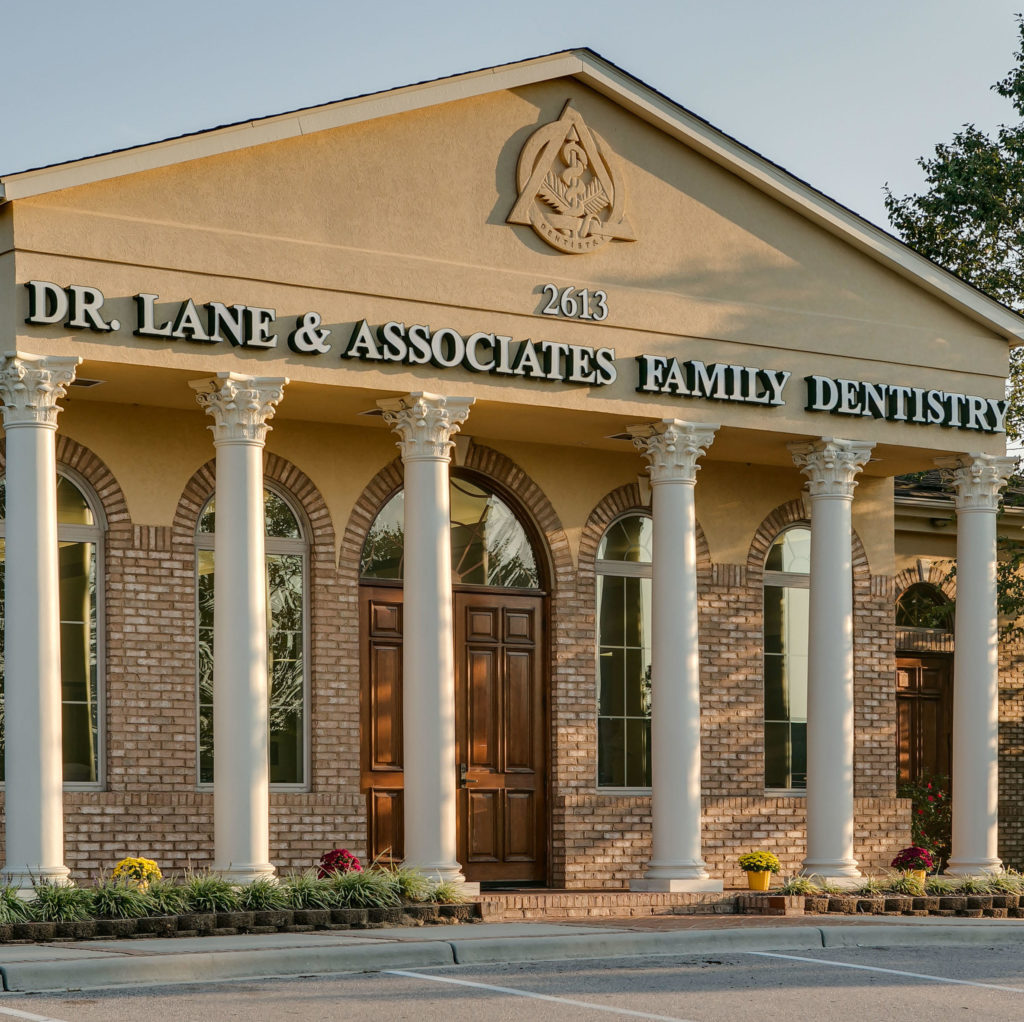
Why Choose Lane & Associates?
Lane & Associates isn’t just about dental care; they’re about creating a patient-first experience. Here are just a few reasons to make them your dental care provider:
- Family-Friendly Approach
Lane & Associates welcomes patients of all ages, from toddlers experiencing their first dental visit to adults seeking advanced treatments. Their compassionate team is dedicated to making every visit comfortable and stress-free.
- Convenient Access Across NC
With over 56 dental locations throughout North Carolina, Lane & Associates ensures you’ll find quality care wherever you are.
- Modern Amenities
Enjoy the perks of a modern dental office, including free WiFi, beverage stations, and even dental massage chairs. These thoughtful touches make your visit enjoyable from start to finish.
- Commitment to Excellence
At Lane & Associates, their mission is simple: to provide first-class dentistry that makes you smile. Their team of highly trained dentists and specialists is passionate about delivering quality care tailored to your needs.
Make Your Appointment Today!
There’s no better time to prioritize your dental health. Whether you’re due for a routine cleaning or looking for specialized treatment, Lane & Associates is here to help. Call one of their Cary locations today to book your Saturday appointment.
Investing in your smile doesn’t mean rearranging your life. With Lane & Associates’ flexible scheduling, convenient locations, and patient-centered approach, taking care of your teeth has never been this easy! Make your weekend count by choosing dental care designed around your busy North Carolina life.

